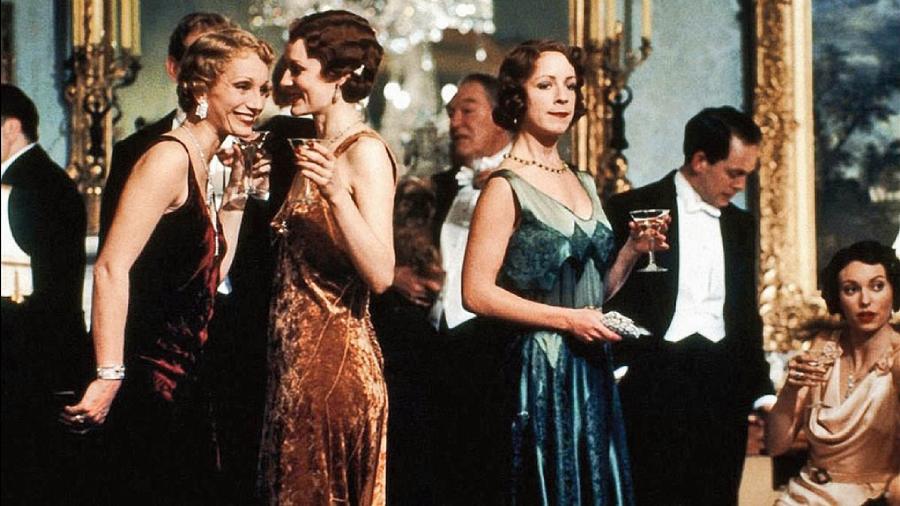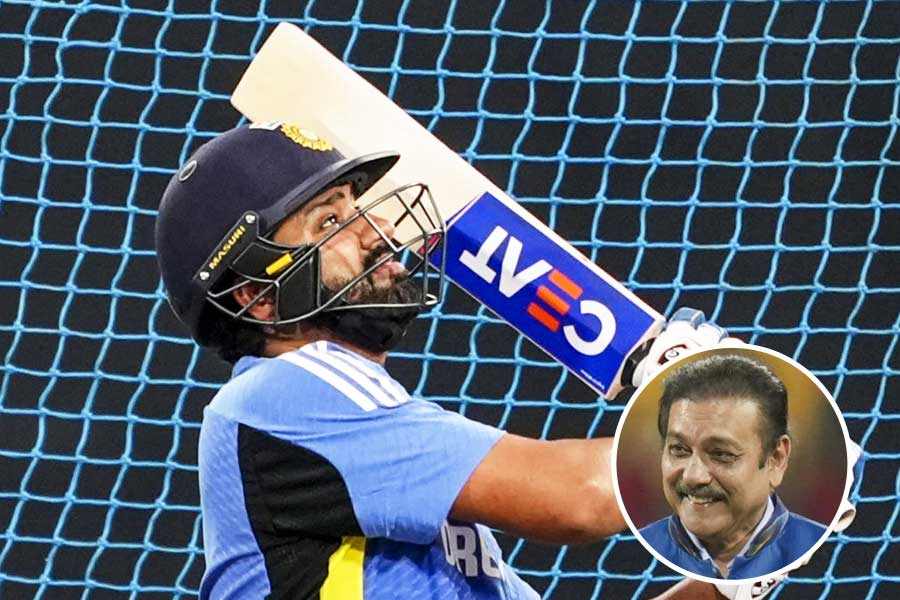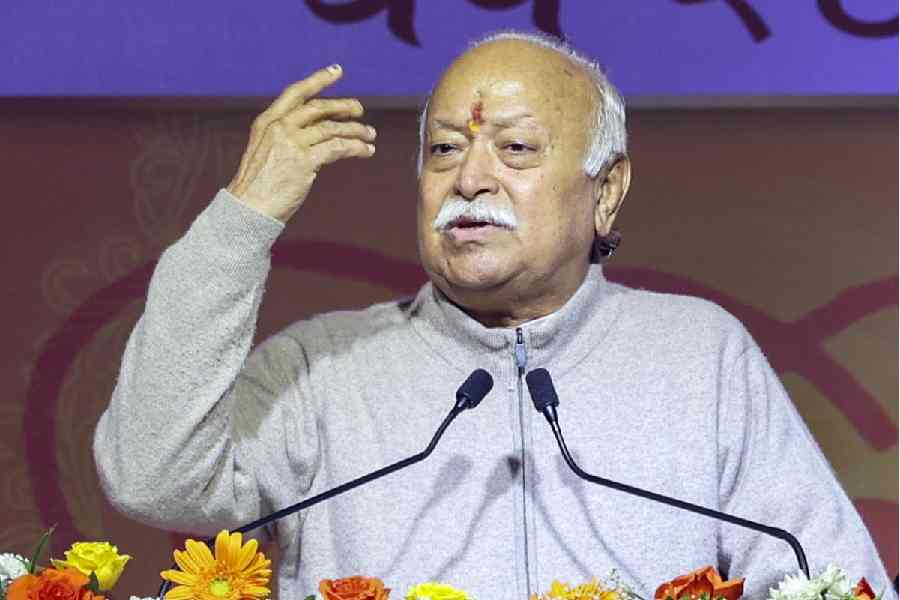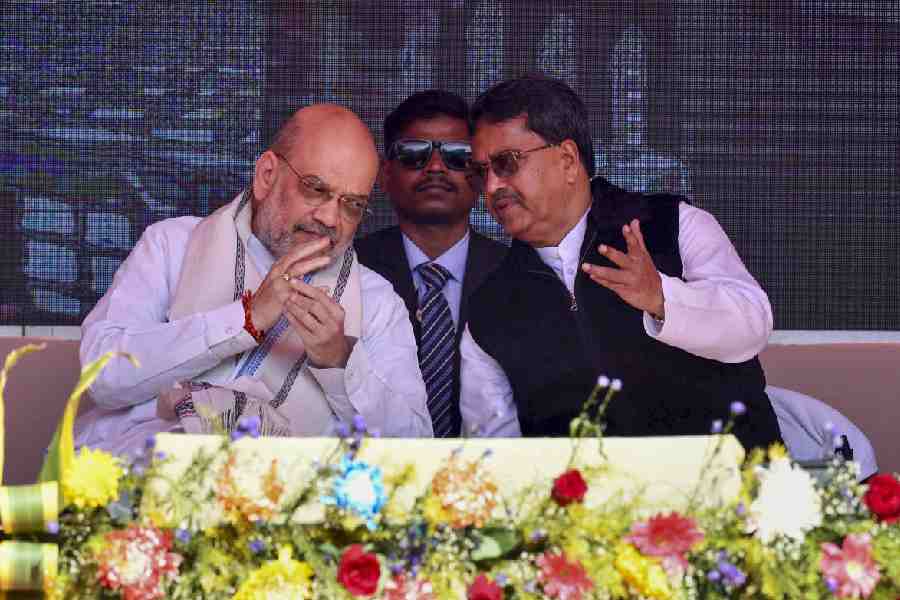Why do we spend our lives living through them?” contemplates Elsie (Emily Watson) in the bathtub with another maid, midway through Robert Altman’s Gosford Park (2001). She is alluding to her master Sir William McCordle (Michael Gambon). A few minutes post the confession, Sir William will be murdered, and the upstairs-downstairs dynamics of masters and their servants in Gosford Park will ultimately collapse. Gosford Park was nominated for six Academy Awards, winning Best Original Screenplay for Julian Fellowes, who ultimately went on to create its spiritual successor in Downton Abbey (2010 - 2015). Minus the murder.
Poised as a murder mystery in the vein of Agatha Christie novels, each resident of Gosford Park has a motive, with the lords and their ladies gossiping behind each others’ backs, while the servants quietly watch, always listening.
At one end there is Mrs. Wilson (Helen Mirren), the head caretaker, who ensures everyone and everything is in place. She is a tad too severe to the valets, servants and footmen of the guests. On the other end there is Mrs. Croft (Eileen Atkins), who is responsible for the kitchen staff. Both women can’t stand each other. Reason? Long-standing secrets are better not shared so soon, even with the guests that assemble for the party, including Constance (Maggie Smith), Countess of Trentham who is aunt to Sir William and Lady Sylvia (Kristin Scott Thomas) and her sisters, Lady Louisa Stockbridge (Geraldine Somerville) and Lady Lavinia Meredith (Natasha Wightman), with their terrible husbands Lord Stockbridge (Charles Dance) and Anthony Meredith (Tom Hollander) respectively.
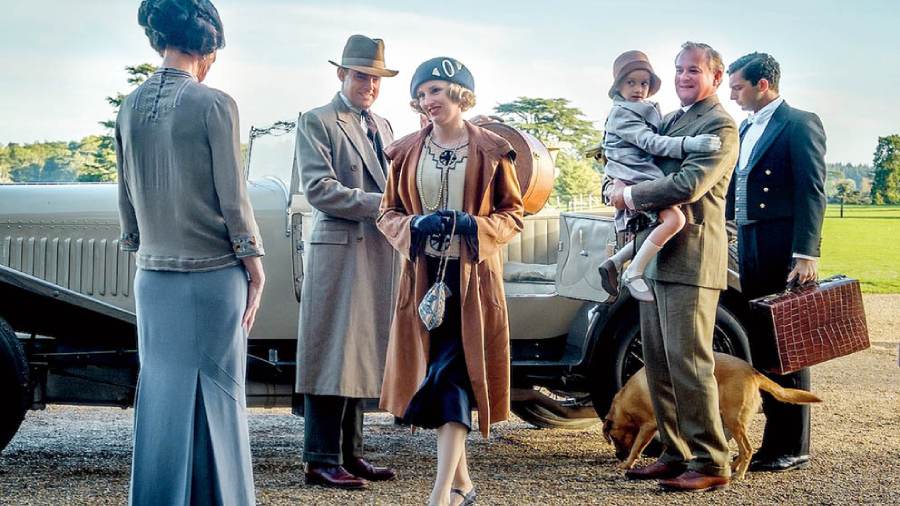
Downton Abbey
It’s self-admittedly too much, with so many characters and names, plus each playing a game of their own. But Altman and Fellowes tweak in someone strikingly self-referential here for a change. It is Morris Weissman (Bob Balaban), a Hollywood producer, who intends to make his next movie on the lines of — “Murder in the middle of the night, a lot of guests for the weekend, everyone’s a suspect. You know, that sort of thing” — accompanied by Henry Denton (Ryan Philippe), an actor who pretends to be a servant in order to research for his role.
In this maze of surplus characters, one is initially lost, but as Gosford Park rides along with a murderer amongst them all, mystery and intrigue interplays with concerns of class and servitude. Murder is but a key in Gosford Park to unlock the snobbish class conciousness in late 1932 British society, to upend the sexual intermingling between the classes, and finally, to unspool the hardened genre to find grace notes of humanity beneath it all. Altman’s game is not to trace who did it, but rather how it came to that end after all.
Gosford Park benefits from a variety of controlled performances by a top-notch cast, each giving something to hold on. Even as cinematographer Andrew Dunn’s omnipresent lens revolves around elaborate scenes with multiple characters, each detail is carefully added. Every moment counts. Mirren and Smith each received Academy Award nominations, and deservedly so. Smith, in particular, is hilariously unforgettable as the snobbish and arrogant Lady Constance Trentham, who might just be a spiritual sister to Lady Violet Grantham, the character she plays in Downton Abbey. Both are rich and aristocratic ladies who do not miss a beat in their scathing one-liners, and both stubbornly reclined in their sense of royalties.
Even two decades since its release and a BBC series later, Gosford Park manages to cut deeper as there are no rooms for the diluted sentimentalism of a bygone era in Altman’s hands. Where Downton Abbey tends to bear itself with a certain amount of nostalgia, Altman infuses Gosford Park with a sharp, acidic irony in the dehumanising legitimacies of an era. “I’m the perfect servant, I have no life,” is a line served cold, and yet whose echoes reverberate through the walls of an entire institution.

